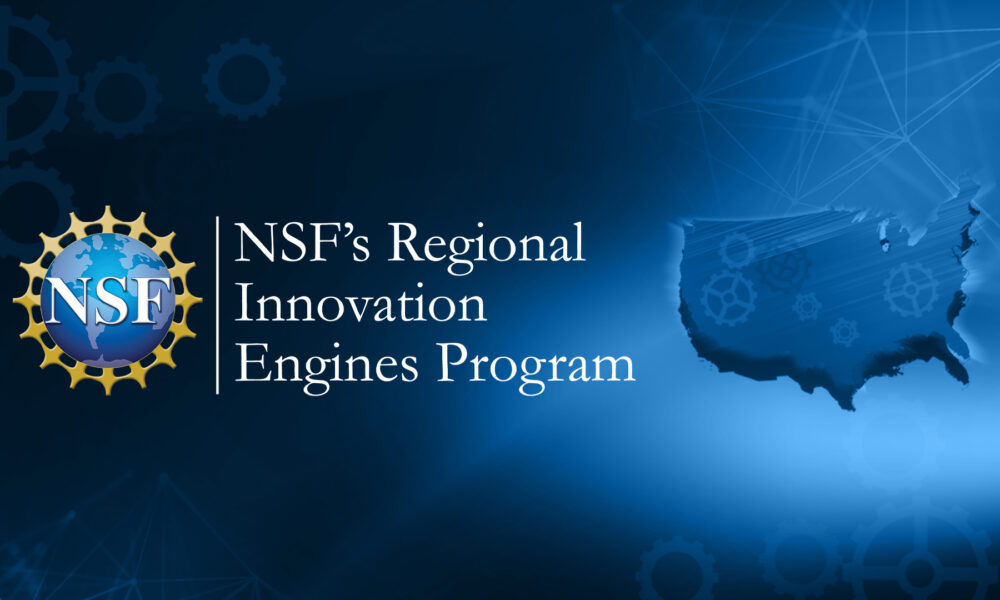Your TL;DR: NSF has announced 15 finalists in its second Regional Innovation Engines competition. These teams are poised to transform innovation clusters nationwide, driving U.S. competitiveness in critical technologies. At EBHC, we congratulate them and emphasize the importance of evaluation in demonstrating meaningful outcomes and long-term impact.
The U.S. National Science Foundation (NSF) has announced 15 finalists advancing to the next stage of its second Regional Innovation Engines competition. This initiative is designed to accelerate the development of critical technologies and strengthen regional economies across the nation.
From advancing quantum computing to enhancing energy grid security, these finalist teams are at the forefront of building innovation ecosystems that can reshape industries and expand opportunity. They represent universities, nonprofits, and private industry partners who have worked tirelessly to refine their coalitions and demonstrate a shared vision for growth.
NSF Assistant Director Erwin Gianchandani captured the spirit of the competition well, noting that finalists are “placing their regions on the map as the national and world leaders in key technologies.”
Why Evaluation Matters
While this announcement is a major milestone, it is also just the beginning. The success of NSF Engines — and the projects within them — depends on more than visionary goals and strong partnerships. Measuring outcomes is critical.
Evaluation provides the evidence that innovation initiatives are working. It captures whether investments in technology clusters are yielding results, such as:
- Strengthening workforce pipelines
- Attracting private and philanthropic investment
- Driving economic growth in underserved regions
- Demonstrating leadership in critical technologies
Without rigorous evaluation, it is impossible to know whether outcomes align with expectations or whether adjustments are needed to maximize impact. In a competition of this scale, evaluation is not a “nice-to-have.” It is a necessity to ensure taxpayer dollars deliver measurable returns and that these ecosystems truly advance American competitiveness.
Looking Ahead
The 15 finalists will now undergo in-depth interviews and due diligence assessments before the final Engines are awarded in early 2026. Their progress will be closely watched — and evaluated — as the NSF continues its mission to catalyze innovation ecosystems nationwide.
At EBHC, we applaud these teams for advancing to this stage. We know firsthand that the combination of bold vision, strong partnerships, and rigorous evaluation is what ensures lasting success.
Congratulations to the finalists, and best of luck as you move forward in this transformative competition.
Ready To Take the Next Step?
We assist our clients in locating, applying for, and evaluating the outcomes of non-dilutive grant funding. We believe non-dilutive funding is a crucial tool for mitigating investment risks, and we are dedicated to guiding our clients through the entire process—from identifying the most suitable opportunities to submitting and managing grant applications.
